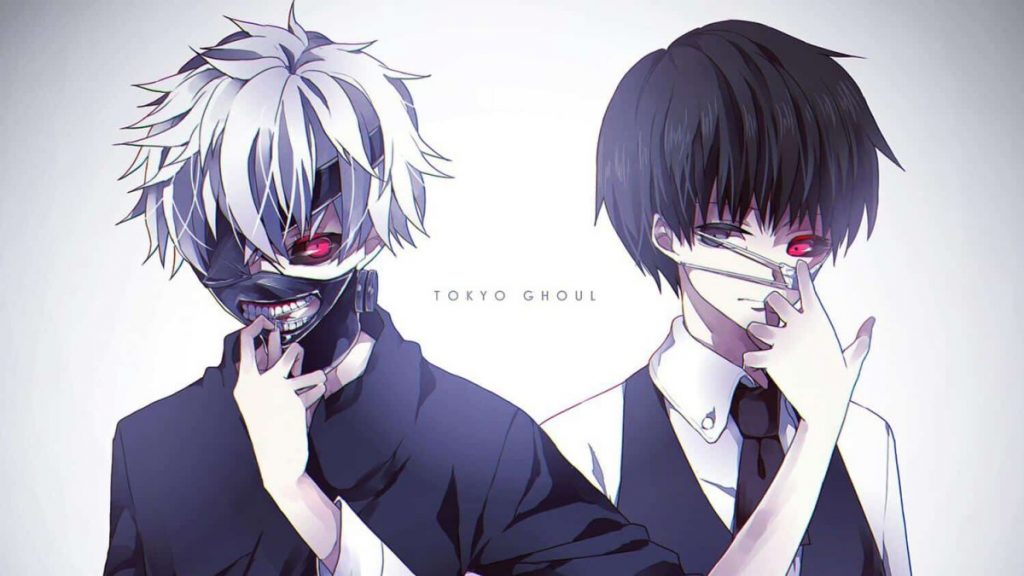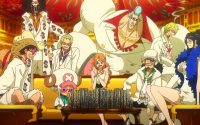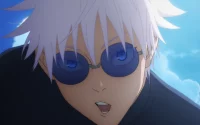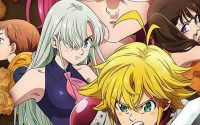Gem : Tokyo Ghoul (2014)
We can see one thing by watching the anime lately, it is the similarity that exists between the last animes released such as The attack of the titans, Kiseijû, Tokyo Ghoul … this thematic of the reversal of the food chain placing man as the game of a new predator whose only food he is. Indeed, the ghouls can only eat humans, so this is not a mere reflection of human domination on wildlife and flora, but rather a punishment. Tokyo Ghoul therefore raises the problem of human morality to the detriment of survival. And in this, the main character of Kaneki is the symbolic image of a man who carries with him a surplus of humanity. The anime highlights the divergence of interest between two types of individuals (ghouls and humans) who seem to be alike like two drops of water if we take the trouble to put ourselves in the place of one like the other. Thus, the other common point that there is between Tokyo Ghoul and these other anime is the hero who is not quite human because it mixes with the “monster”, the phase of dehumanization of the hero when he feels the deep sadness it causes to lose a mother … in short the analysis of these elements is not the subject here
Suffice to say that for 12 episodes (the other 12 of season 2 put the main characters to the status of appearing) put too many characters to allow time for the viewer to really get involved. However, they all play a decisive role in the moral development of Kaneki, all these episodes that quickly tell the adventures of some insignificant characters have only the sole function of bringing the main character to make his choice: be ghoulish or human ? And for good reason, his response at the beginning totally contrasts with his choice at the end, which marks the culmination of what a human can endure if he insists on turning a blind eye to his true nature: to be a human being. is above all to eat others to survive.
Then there is a sort of metaphor that we dare to propose here: it is a question of seeing the ghouls as the scourge of Man, which will cause his loss. If we want to be realistic, we can easily understand that our world is not that of Walt Disney and that we, all of us, do not give ourselves gifts when our social situation is in danger. Kaneki’s character has principles, he has morality, which is noble in itself, but he is so naive about what people are able to do just to survive. In a way, by refusing to eat other people, he refuses all responsibilities as a member of his own kind. The reason his role in the anime is passive in 90% of the time is his obstinacy in turning a blind eye to the true cause of all that happens: his weakness. The ghouls, apart from their intrinsic need to feed on human flesh, are not fundamentally bad if you think it’s just for their survival and they did not choose it. And what We find great here is this vision of the ghouls as the victims of their human hunters who think only of their situation.
It is true that Tokyo Ghoul does not give us all the keys to understand his universe, the themes that flow from it, and certain turns of the scenario. But he has the merit of being original in the orientation of his choices, and to have presented us an anime chronicling the chronicles of a character who evolves from the beginning to the end to end certainly on an open end, but especially on the moral end of this character having understood that it is not God who made the world as it is, but that this world is our work.



